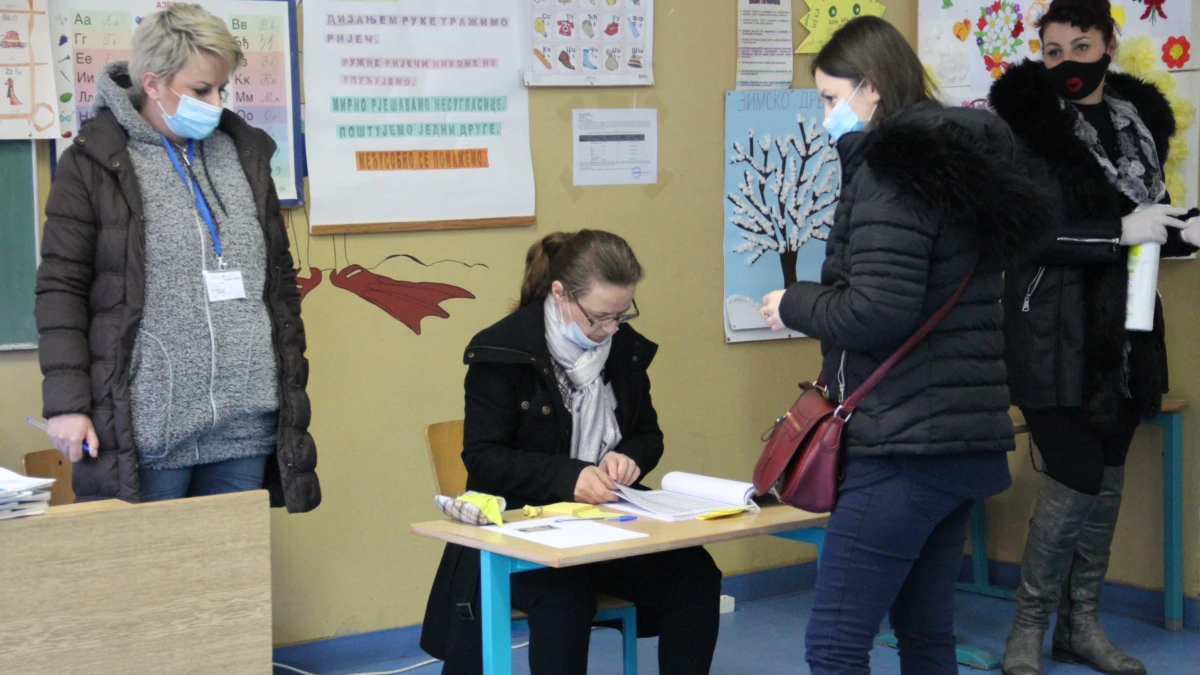
Reports from eastern Bosnia-Herzegovina suggest that many Bosniaks boycotted a repeat election in the city of Srebrenica on February 21 after local authorities claimed fraud in November voting.
The results were almost certain to be challenged and exacerbate already high political tensions in the area.
Ethnic Serbs dominated the balloting in November. But Bosnia’s Central Election Commission concluded that irregularities like multiple voting and caches of pre-marked ballots before voting began had compromised its legitimacy.
Bosnian Muslims had vowed to boycott the rerun in Srebrenica because, they said, officials hadn’t done enough to rectify the problems.
Moreover, the Bosniak parties complained, officials weren’t including mail-in ballots in the new election. Many diaspora Bosnians were unable to vote in November after mail-in ballots were distributed late.
They vowed to appeal to Bosnia’s Constitutional Court to contest the new voting.
“We expect the BiH Constitutional Court to uphold our appeal, which would allow all Bosniaks from Srebrenica to vote, wherever they may be,” Sadik Ahmetovic, president of an initiative uniting Bosniak parties called Moja Adresa (My Address), told RFE/RL’s Balkan Service. “In this respect, we expect new elections to be called in which every citizen of Srebrenica would have the right to choose their [preferred] candidates. That’s the only way the elections in Srebrenica will be legitimate and democratic.”
Bosnia comprises two entities: the Muslim and Croat federation and the Serb-dominated Republika Srpska.
Srebrenica is regarded by some as a potential flashpoint for ethnic tensions because it is the scene of the massacre of around 8,000 Muslim men and boys by Bosnian Serb forces late in the Bosnian War in an act that has been ruled a genocide.
The country continues to struggle domestically and internationally under an ethnically based deal that ended fighting among the sides in 1995.
A rerun of the November voting was also being held in the northern city of Doboj in February 21.
